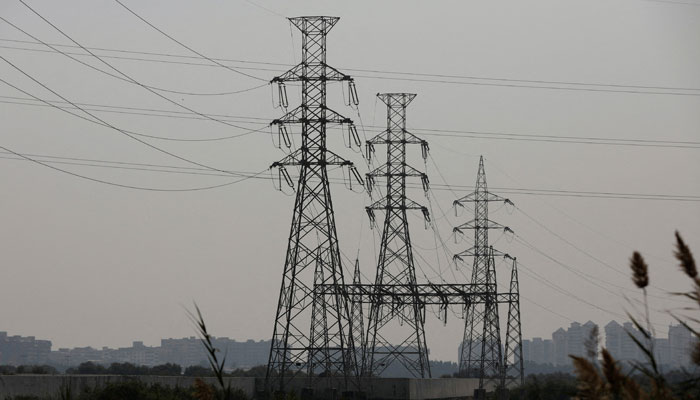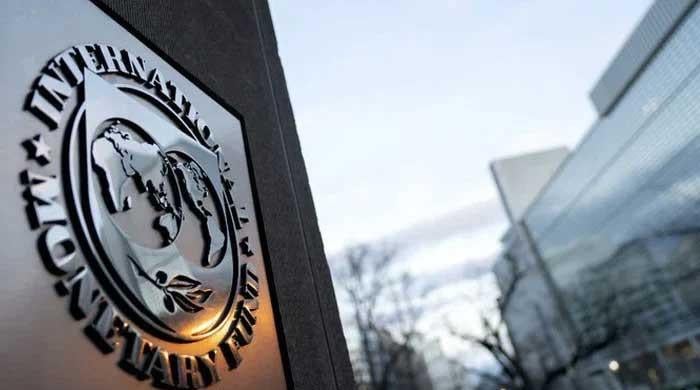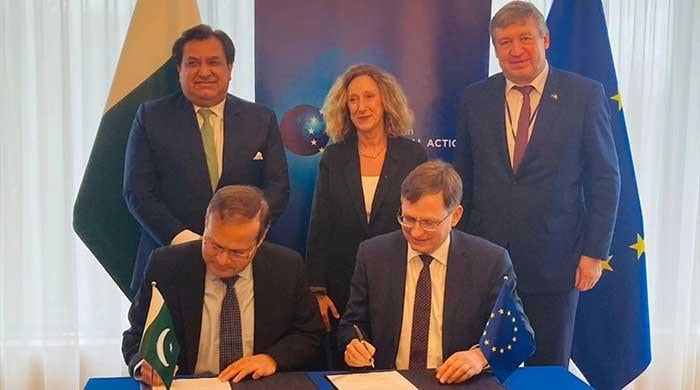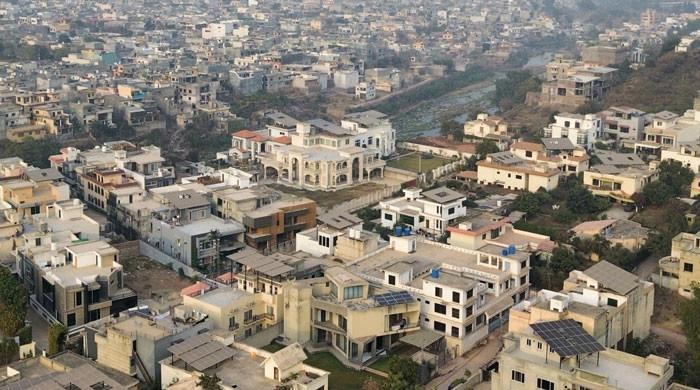Nepra approves power tariff cut under FCA
The relief would be given to the consumers in billing month of October
October 24, 2024

ISLAMABAD: The National Electric Power Regulatory Authority (Nepra) has approved 86 paisa per unit decrease in power tariff under monthly fuel cost adjustment mechanism (FCA) for August.
According to a notification issued on Thursday, the Central Power Purchasing Agency (CPPA) has sought 57 paisa per unit decrease in the tariff for the said period.
The regulatory conducted public hearing into the CPPA petition on September 26. The regulator had also slashed 37 paisa per unit in FCA for month of July, it further said.
The FCA for August would be 49 paisa less as compared to July and the relief would be given to the consumers in billing month of October.
Those consumers who had already received their electricity bills would be compensate in billing month of November, it further said.
The relief would be applicable to all consumers except lifeline, prepaid and Electrical Vehicle Charging Stations. It would not be applicable to the consumers of K-Electric.
Earlier in Oct, The News reported that ex-Wapda distribution companies (XWDiscos) proposed a refund of Re0.7057 per unit to consumers in their November 2024 bills following higher charges levied in the previous month.
The CPPA had filed a petition to the Nepra on behalf of these companies to finalise the monthly fuel price adjustment (FCA) for September.
The development comes as the incumbent government has targeted Rs8-10 per unit cut in power tariff following the cancellation of contracts by five independent power producers (IPPs).
With the government expecting to save the national exchequer Rs411 billion, Minister for Energy (Power Division) Awais Leghari had earlier said that they would reduce the power tariff in mutual consultation with generation companies.
The minister's announcement came as the burden of high electricity tariffs falls disproportionately on the middle and lower-income segments of society, fueling public outrage and eroding trust in the government’s ability to manage the economy.









